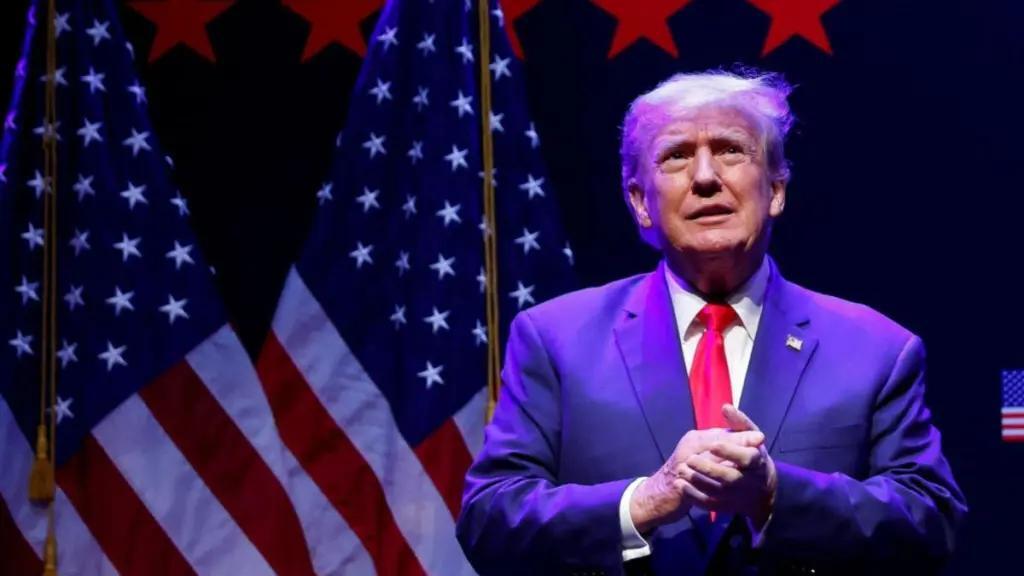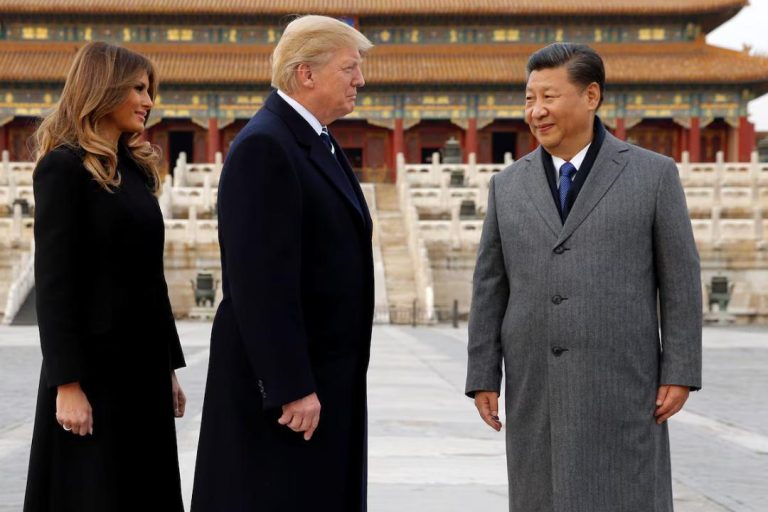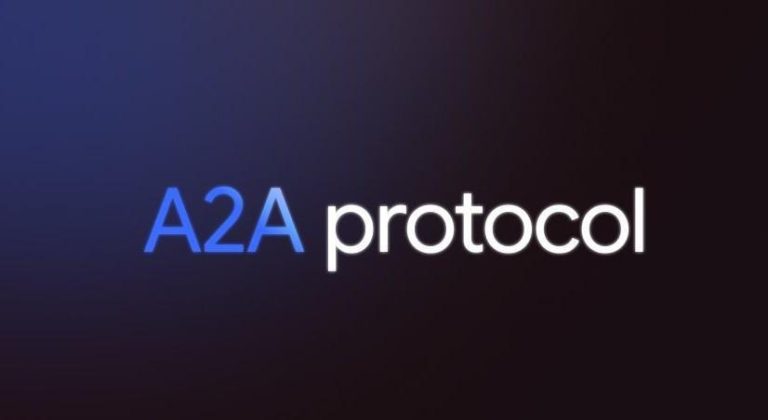
Donald Trump Exempts Smartphones & Computers from Reciprocal Tariffs
In a move that has sparked both relief and controversy, United States President Donald Trump has decided to exempt smartphones, computers, and other electronic items from the reciprocal tariffs imposed on Chinese goods. This exemption, announced through a Customs and Border Patrol notice, comes amid growing concerns from tech giants, including Apple, that the tariffs could lead to a significant increase in gadget prices.
As part of his efforts to address the massive trade deficit with China, Trump had imposed tariffs on $250 billion worth of Chinese goods, including electronics and other consumer products. The tariffs, which range from 10% to 25%, were initially set to take effect in September, but were later delayed to December 15. The latest exemption, however, will now apply to a range of electronic items, including smartphones, computers, and other electronic components.
The exemption has been hailed as a significant victory for tech companies, which had been concerned that the tariffs could lead to higher production costs and, subsequently, higher prices for consumers. Apple, in particular, had been vocal about its opposition to the tariffs, warning that they could lead to a significant increase in the cost of its products. The company had also launched a campaign to encourage its customers to contact their lawmakers and express their opposition to the tariffs.
The decision to exempt electronic items from the tariffs has been seen as a significant concession to the tech industry, which is a major driver of the US economy. The exemption is also seen as a recognition of the importance of maintaining a competitive edge in the global technology market, where the US faces stiff competition from countries like China and South Korea.
However, the exemption has also sparked controversy, with some critics arguing that it amounts to a special treatment for big business. Critics have pointed out that the exemption will benefit large tech companies like Apple and Google, while smaller companies and startups may be forced to bear the brunt of the tariffs. Others have argued that the exemption is a sign that the Trump administration is not serious about addressing the trade deficit with China, and is instead more interested in protecting the interests of big business.
Despite the controversy, the exemption is seen as a significant move by the Trump administration to address the concerns of the tech industry. The exemption will apply to a range of electronic items, including smartphones, computers, and other electronic components, as well as to certain types of electronic equipment, such as printers and scanners.
The exemption is also seen as a recognition of the importance of maintaining a competitive edge in the global technology market. The US is home to some of the world’s leading tech companies, including Apple, Google, and Facebook, and the exemption is seen as a move to ensure that these companies continue to be able to compete effectively in the global market.
In a statement, a spokesperson for the US Trade Representative’s office said that the exemption was intended to “mitigate the impact of the tariffs on the US technology industry” and to “ensure that American consumers continue to have access to a wide range of electronic products at competitive prices”. The spokesperson also noted that the exemption would apply to a range of electronic items, including smartphones, computers, and other electronic components, as well as to certain types of electronic equipment, such as printers and scanners.
The decision to exempt electronic items from the tariffs has been welcomed by the tech industry, which has hailed it as a significant victory. The exemption is seen as a recognition of the importance of maintaining a competitive edge in the global technology market, and is expected to have a significant impact on the industry.
As the debate around the tariffs continues, it remains to be seen how the exemption will affect the tech industry. However, one thing is clear: the exemption is a significant move by the Trump administration to address the concerns of the tech industry, and is expected to have a significant impact on the industry.






